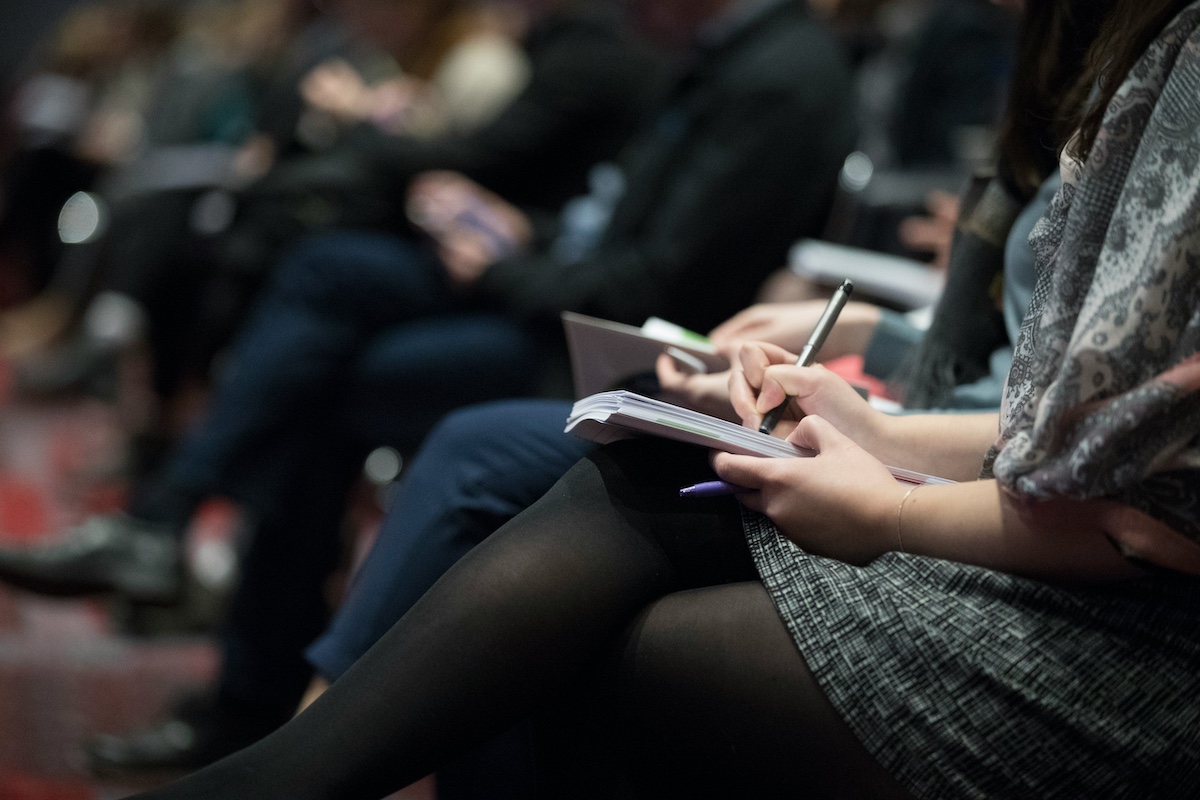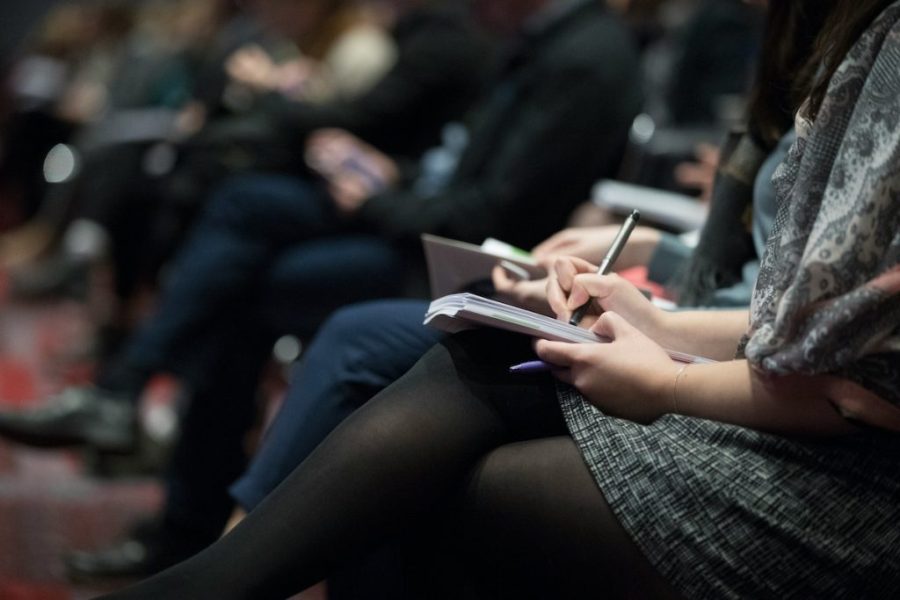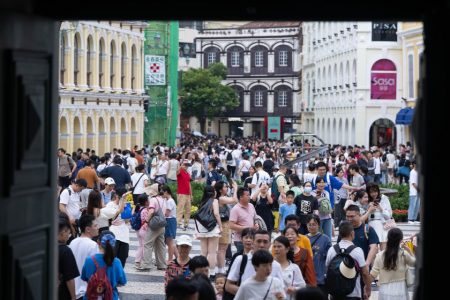The United Nations University Institute in Macau (UNU) is organising a conference on the development of artificial intelligence (AI). The event takes place at Macau Tower on 25 April, with organisers hoping it will stimulate “a global dialogue on the responsible and sustainable development of AI.”
The theme of the conference is “AI for All: Bridging Divides, Building a Sustainable Future,” and the gathering will feature nearly thirty meetings and talks on AI as it relates to issues such as healthcare, education, climate change, the UN’s sustainable development goals and governance.
More than 240 speakers from over 30 nations with backgrounds in the public, private and voluntary sectors are set to join the event. They include the rector of UNU and the under-secretary-general of the United Nations Tshilidzi Marwala, and the director of the Institute for AI International Governance, Xue Lan. They will both deliver keynote addresses.
[See more: AI image generators are useful, but there are legal pitfalls, says expert]
Participants will also include ministers and high-ranking officials who manage the communications and technology portfolios of their respective countries.
The event will also see the launch of a platform known as the UNU AI Network, intended to encourage different sectors to work together to deal with the risks and issues that pertain to the new technology.
In recent years, AI has seen an exponential growth, with the public release of generative AI tools such as ChatGPT being hailed as a game-changer due to their ability to perform complex tasks such as producing high-quality texts and images in a matter of seconds.
Pundits, however, have expressed concerns over issues from copyright infringements and disinformation to the technology’s potential to replace human workers and its carbon footprint.






